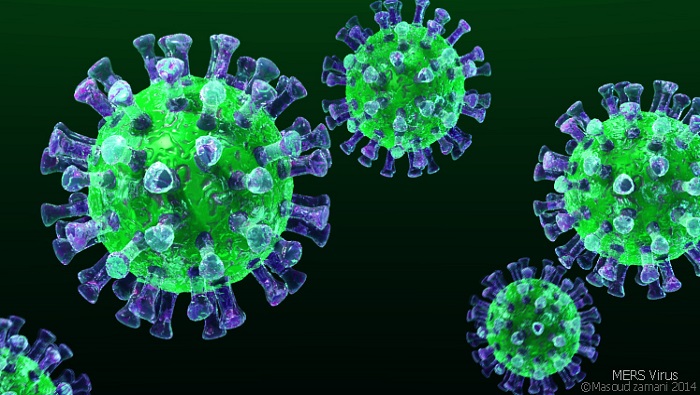
Muscat: Locals and expats who experience symptoms that indicate the presence of the novel Coronavirus, also known as COVID 2019, such as fever, shortness of breath and coughing are required to seek medical assistance, the Ministry of Health has advised.
According to the World Health Organization (WHO), there have been more than 50,000 confirmed cases across 26 countries, resulting in 1,457 deaths. The vast majority of these – 37,884 of them – originated in the Hubei province, whose capital (and the epicentre of the disease) is Wuhan.
“The symptoms of infection of the new Coronavirus involve similar to the Severe Acute Respiratory Syndrome (SARS) that may lead to death,” explained the Ministry, issuing a detailed set of guidelines on how to look out for signs of the Coronavirus. “These symptoms include fever, coughing, shortness of breath and acute pneumonia that may require artificial respiration and support in an intensive care unit.
“Use a tissue when sneezing or coughing, and then dispose it in a trash can,” explained the Ministry. “Sneeze or cough into your elbow, if a tissue is not available. Wash your hands thoroughly with soap and water, and in case they are not available, you can use a hand sanitizer, especially after sneezing or coughing. Avoid touching your eyes and nose if your hand is not clean or sterile. Avoid direct contact such as handshakes or kissing with those who are sick, and do not share their personal effects. Avoid crowded places as much as possible, and frequently clean exposed surfaces.”
Those coming from the People’s Republic of China during the past 14 days, or who are in direct contact with a person suffering from pneumonia are advised to get a checkup by visiting the health control clinic at the airport or the nearest health centre and disclosing their date of travel and filling in the disease disclosure form.
There is still no effective vaccination against the Coronavirus. The treatment currently available depends on dealing with its symptoms and complications and mitigating its effects according to the patient’s clinical condition. The patient is also advised to pay attention to food and fluid intake in excess and to take adequate rest and sleep.
Those who do have confirmed Coronavirus cases must be provided a separate room to provide health care for the patient. Minimise direct contact with the patient, and wear a medical mask protect yourself from respiratory secretions when close to a sick person, and sterilise hands immediately after contact.
“Ensure that the patient’s room and common areas such as bathrooms and kitchens are well ventilated, and also that there is continuous sterilisation of surfaces,” advised the Ministry. “Persons must, when symptoms appear, go to the nearest health institution to take advice and treatment. Avoid direct contact with others and introduce domestic quarantine measures. Avoid physical contact with others for at least 48 hours after symptoms disappear, taking care not to contact those at home until after confirming the results of initial tests.”
“Ensure that no elderly person or people with chronic diseases approach or provide healthcare to the patient,” said the Ministry of Health. “Do not go to crowded places for 14 days, either after the date of the last contact with the patient, or after his/her return from the People’s Republic of China. Avoid using public transportation when transporting the patient and move the patient in a private car while keeping the windows open.”